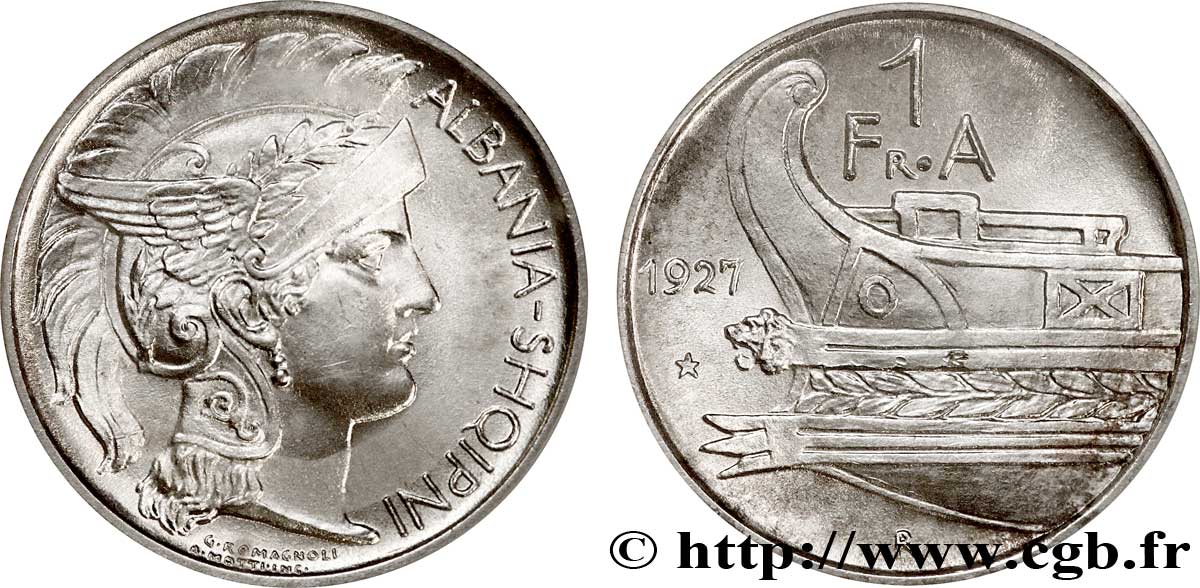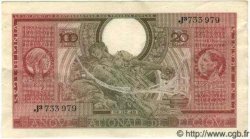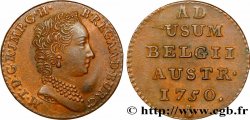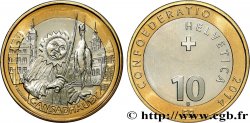Back 1/1
v56_0521 - ALBANIA - REPUBLIC 1 frang argent 1927 Rome
MONNAIES 56 (2012)
Starting price : 680.00 €
Estimate : 1 000.00 €
Realised price : 680.00 €
Number of bids : 1
Maximum bid : 685.00 €
Starting price : 680.00 €
Estimate : 1 000.00 €
Realised price : 680.00 €
Number of bids : 1
Maximum bid : 685.00 €
Type : 1 frang argent
Date: 1927
Mint name / Town : Roma
Quantity minted : 100000
Metal : silver
Millesimal fineness : 835 ‰
Diameter : 23 mm
Orientation dies : 6 h.
Weight : 5 g.
Rarity : R1
Coments on the condition:
Sous coque NGC MS 63. Joli brillant
Predigree :
Cet exemplaire provient de MONNAIES 48 n° 910
Obverse
Obverse legend : ALBANIA - SHQIPNI.
Obverse description : Tête de Minerve à droite ; en-dessous signature du graveur.
Reverse
Reverse description : Valeur faciale sur deux lignes 1 / FR . A ; en-dessous, la proue d’un bateau devant une étoile, le millésime et la lettre d’atelier R.








 Report a mistake
Report a mistake Print the page
Print the page Share my selection
Share my selection Ask a question
Ask a question Consign / sell
Consign / sell










